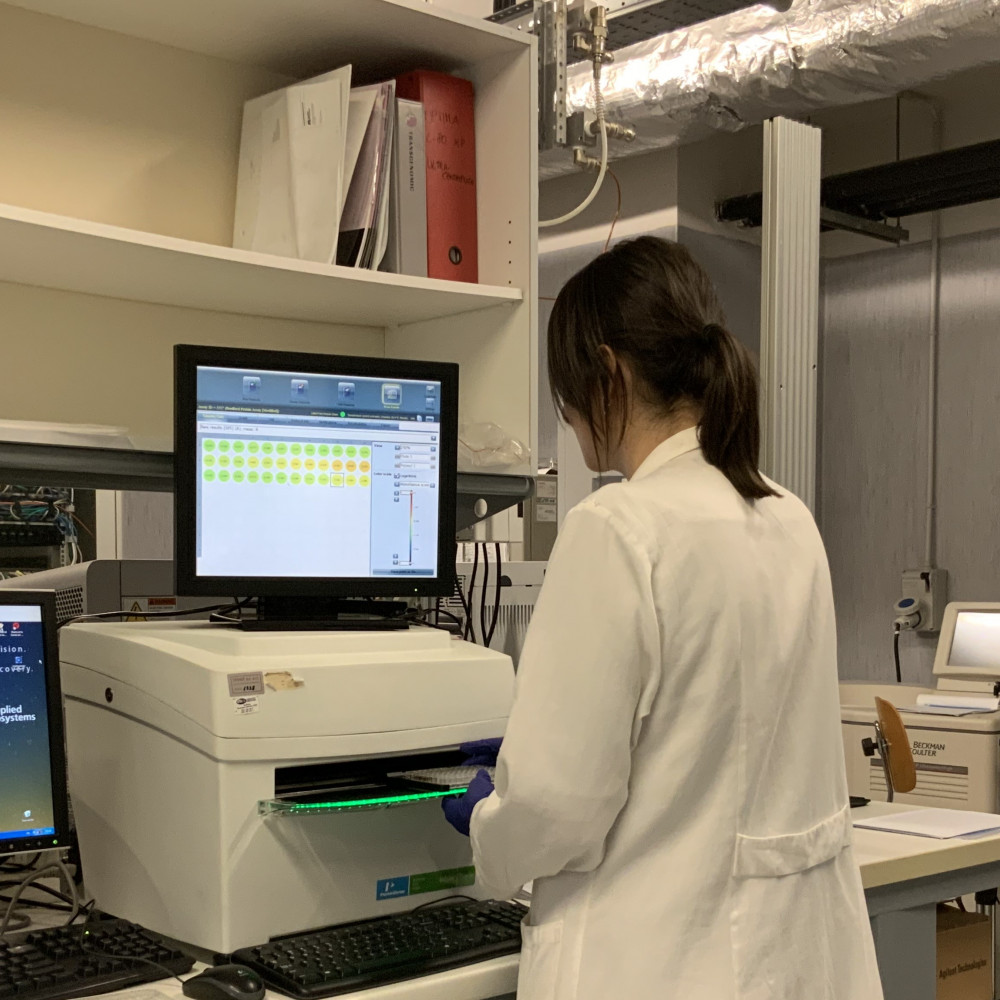
LSD LAB -Biochemical diagnosis of lysosomal diseases
Lysosomal storage diseases (LSD) are genetic disorders of metabolism caused by the malfunctioning of enzymes involved in the degradation of biological macromolecules. The accumulation of undegraded material produces deposits in the cells of tissues and organs that variably cause dysfunctions of the central nervous system, skeletal system, skin, heart, muscles, kidneys, liver and/or other organs according to the accumulated substrate. LSDs are classified as rare diseases, however taken together they have an incidence of 1:7.000 live births.
The biochemical diagnosis offered by CEINGE based on the measuring of the enzymatic activity from a blood sample in EDTA allows the identification of the following lysosomal storage disease upon clinical suspicion:
- Pompe disease (acid α-glucosidase)
- Fabry disease (α-galactosidase)
- Gaucher disease (acid β-glucosidase)
- Mucopolysaccharidosis I (α-L-iduronidase)
- Mucopolysaccharidosis II (Iduronate-2-sulfatase)
- Mucopolysaccharidosis IIIB (α-N-acetylglucosaminidase)
- Mucopolysaccharidosis IVB and GM1 Gangliosidosis (β-galactosidase)
- Tay Sachs disease and GM2 gangliosidosis (β-hexosaminidase A)
- Sandhoff's disease (β-hexosaminidase A/B)
The timely diagnosis of a lysosomal disease allows doctors to adopt the necessary therapies capable of improving the course of the disease and preventing the serious complications associated with it.
For information:
phone +39 081 7463610 (Office of Prof. Luigi Michele Pavone/dott. Melania Scarcella)
e-mail: biochimlisosomiali@ceinge.unina.it; accettazione@ceinge.unina.it
